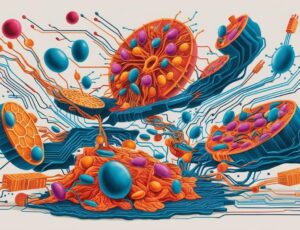An Encyclopaedia of Syntactic Case Studies
Year Group 1996/97
Current handbooks are concerned with current theorising and marginally with the history of the various versions of the theory. As a consequence, an increasingly smaller percentage of the potentially useful empirical material is treated in standard textbooks and hence is not part of the knowledge that researchers and students in the field may be expected to possess.
The theme group, renamed SynCom (Syntax companion) Group, intends to counter this tendency by publishing a sizable collection of empirical case studies. In view of the size and complexity of the materials to be compiled (approximately 130 case studies of roughly twenty to thirty pages each), the multiple cross-referencing between cases, within cases, links to notes, bibliographical information, glossary items, special inserts, etc., the primary goal of the project is to oganise the material in Hypertext form on a CD-ROM.
These Synactic case studies will focus on empirically defined domains from a variety of languages – such as Bare Plurals, Clitic Doubling, Split Ergativity, or Object Shift – which have played an important role at some stage in the history of generative grammar. The emphasis is on more or less robust empirical results that can be said to be (to a certain degree) independent of the precise properties of syntactic theory at any given moment of time. The idea is that such case descriptions may provide an intermediate level between introductory textbooks and original research, and that the articles in SynCom may function as an introduction to the latter, helping students and researchers to get an overview of a sub-field, and providing a perspective in which to see individual research contributions. It is hoped that SynCom may become an essential research tool for theoretical linguists, psycholinguists, sociolinguists, computational linguists, etc.
During the NIAS year the group has succeeded in developing a detailed legislation about how to create the CD_ROM publication. A list of approximately 130 cases has been set up. The NIAS Fellows and the consultants of the SynCom Group will all write approximately four cases and for the remainder we will approach colleagues. Many of them have already accepted to contribute to SynCom.
The NIAS year was closed with the conference “The Empirical Contribution of Generative Grammar” on 27-28 June 1997 in which the first results of the project were presented to a wide audience of interested linguists.
While the group started with a reasonably clear idea of what the end result should look like, many things happened in the fall semesters which were to modify and redirect our ideas. Very soon, it became clear that an electronic version with full Hypertext potential was actually more suited to the materials we were preparing than publication in the form of a (series of) book(s). In view of this we learned how to do Hypertext under WordPerfect and we started to learn about HTML-conversion. Furthermore, it became clear that if we later were to integrate the Hypertext files of large numbers of contributors, very strict legislation with regard to the formulation of bookmarks, naming of files, styling of buttons, etc. was necessary. Many hours were indeed spent discussing the most desirable, effective and simple legislation in this regard.
We also made publication on CD-ROM a condition in our negotiations with our prospective publisher. After a long and often frustrating period of discussions with them, we had to determine that the publisher was not prepared to guarantee publication on CD-ROM, a conclusion they had come to, we are convinced, on the basis of entirely flawed reasoning. We then terminated our contacts with the publisher and decided to proceed with the production of a CD-ROM by ourselves. To this end, we have established a promising collaboration with a research group at TNO/TPD in Delft. They not only have expertise in these matters, but they have also offered to let us use their experimental search engine ‘twenty-one’ for free. In view of the fact that we are now doing this under our own control, we are currently preparing to set up a foundation under Dutch law which will act as the contractor in relation to the contributors of the encyclopedia.
Another result of these various discussions has been that the CD will be called “The Sytax Companion”or “The Syntactician’s Companion”.
Themegroup participants
-

Bok-Bennema, R.
Year Group 1996/97 -

Corver, N.F.M.
Year Group 1996/97 -
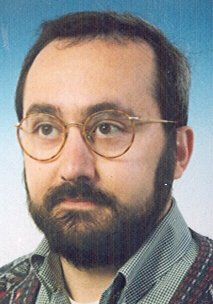
Delfitto, D.
Year Group 1996/97 -
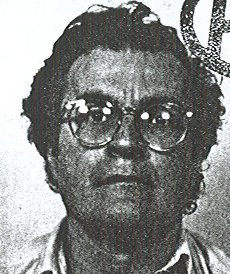
Emonds, J.
Year Group 1996/97 -

Everaert, M.
Year Group 1996/97 -

Laka, I.
Year Group 1996/97 -
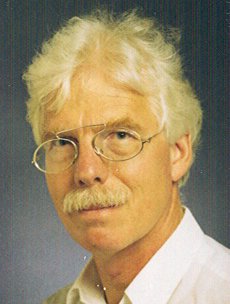
Reuland, E.
Year Group 1996/97 -
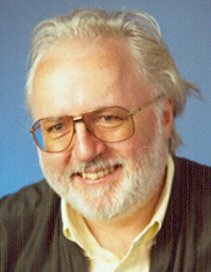
Riemsdijk, H.C.
Year Group 1996/97 -
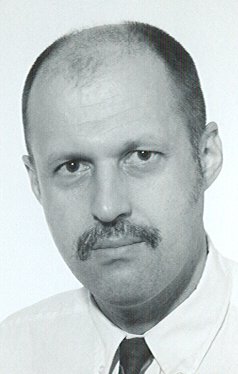
Stowell, T.A.
Year Group 1996/97 -

Vikner, S.
Year Group 1996/97

